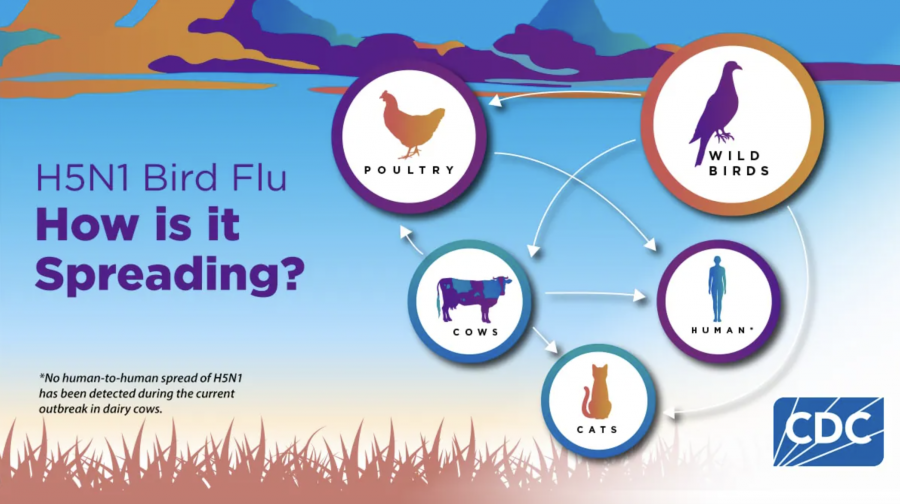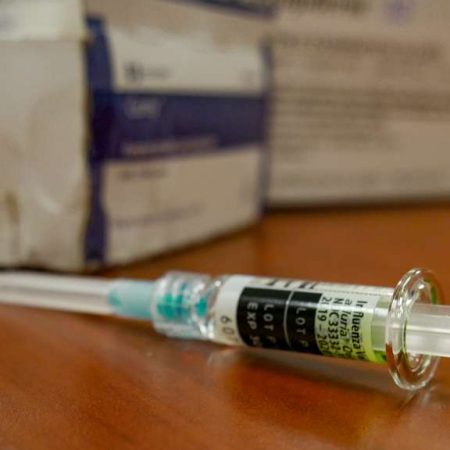Wayne State crisis expert warns of region’s vulnerabilities to infectious disease
Access to accurate information is critical during a crisis, whether it’s a climate disaster, pandemic, or local emergency.
One person working to address these challenges is Wayne State University’s Dr. Matt Seeger, an expert in emergency and crisis communication.
He warns that the region’s vulnerabilities, exacerbated by climate change and class disparities in allocated resources, require robust and diverse communication strategies to keep residents informed and safe.
Seeger says traditional mediums like radio remain critical during disasters.
“It’s really, really hard to knock a radio station off the air,” he says, citing recent examples of broadcasters still operating with damaged buildings during Hurricane Helene and Milton.
Southeast Michigan has an additional vulnerability, according to Seeger – infectious diseases. Seeger says the highly pathogenic H5N1 virus is an increasing concern for the region, impacting 25 dairy herds and nearly seven million birds in the state since last January, according to the U.S Department of Agriculture. In addition, two Michigan dairy farmworkers also tested positive for the virus following exposure to infected cows.

Seeger fears the misinformation surrounding COVID-19 could repeat if avian influenza also reaches pandemic levels. To combat that scenario, he advises local agencies to increase coordination among the local, state and federal levels, as well as providing more resources to underserved communities during a crisis.
No human-to-human spread of H5N1 has been detected during the current outbreak, according to the CDC. While the current public health risk is low, the agency says it is watching the situation carefully and working with states to monitor people with animal exposures.
Trusted, accurate, up-to-date.
WDET strives to make our journalism accessible to everyone. As a public media institution, we maintain our journalistic integrity through independent support from readers like you. If you value WDET as your source of news, music and conversation, please make a gift today.
The post Wayne State crisis expert warns of region’s vulnerabilities to infectious disease appeared first on WDET 101.9 FM.

